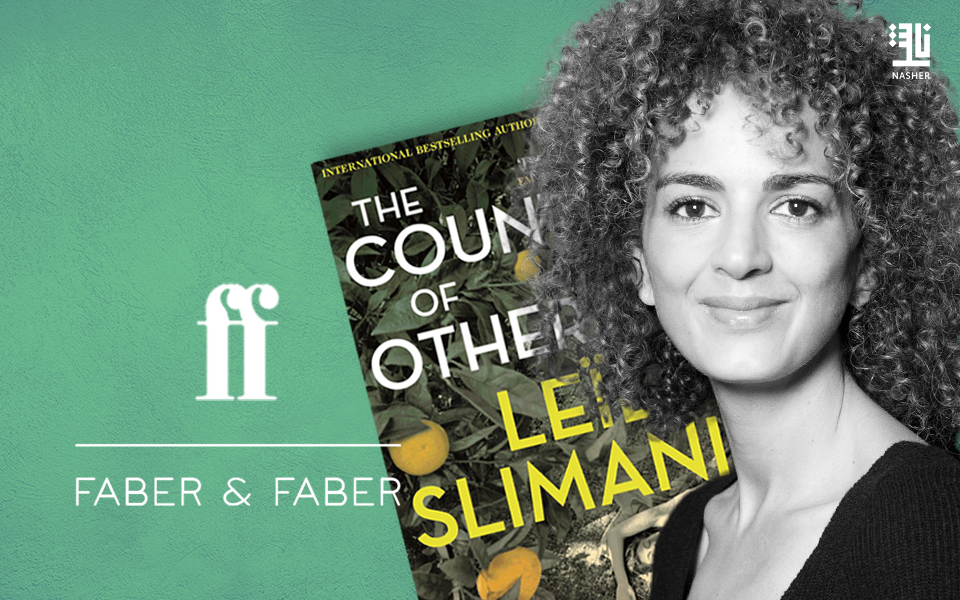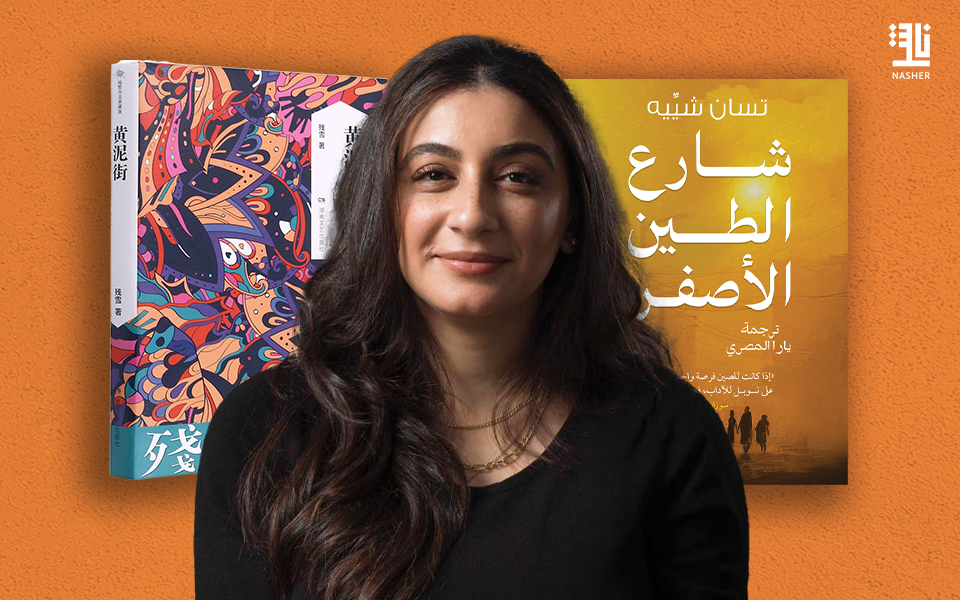Columnist, writer and poet Shreya Sen Handley is now delving into a new form of writing.
The Calcutta-born British resident was chosen among six authors to write a libretto celebrating Indian doctors in UK’s NHS in Migrations Welsh Opera.
Her column on ghosts of pandemic victims haunting the world takes readers to a melancholic setting while her coming travelogue due in 2021 talks of ordinary people with so much going on in their lives, beneath their mundane surface.
We interviewed Shreya on different topics.
What’s the significance of your participation in Migrations Welsh opera celebrating the contribution of Indian doctors in the UK’s NHS?
I am one of six writers for this opera and my story, This Is The Life, is a dark but exuberant comedy about Indian doctors in thr NHS of 1968. Commonwealth doctors were invited to join it but when these doctors arrived in Britain, they found it riven with anti-migrant rhetoric and marches.
How was Memoirs Of My Body received in India? Why did you decide to write it?
It was a popular CNN-IBN column on gender and sexuality that I wrote in 2013/2014, dealing with serious topics but with humour, distinct, chatty, sassy style that captured the imagination of young Indian women who wanted to talk openly about these issues but weren’t getting the opportunity.
HarperCollins approached me to write a book based on the column and I decided to include in it far more of my story than the columns ever had.
Recently, you wrote the column “Ghosts Of Pandemics Present and Past”, What were the emotions this pandemic released in you?
I’ve written about our world now haunted by the ghosts of those who have tragically died in the pandemic, but also those who are still living but we don’t get to see.
I am dealing with emotions occasioned by the pandemic: anger, deep sadness, anxiety, helplessness, flickers of hope, determination to make a better world for our children and then back to sadness and anger at how badly so many governments are handling this colossal global tragedy.
You are writing The Accidental Tourist travelogue, When is it due in the market? Was it inspired by your travels?
It will be published by HarperCollins in 2021. It was inspired by my travels but it is not about the delightful places I go to, but the delight I take in these places, which are ordinary places sometimes, but with something about them that piques my interest. It is travel everyone can do.
It is the way I see these places and the world as a whole, and tell the stories that spring from them, that set my travel articles and this book apart.
Why do you always choose to write about ordinary people?
Ordinary people are very interesting. They have so much going on in their lives, beneath their apparently mundane surface. I find people terribly interesting. If you think about it, the best stories are about ordinary people.
These days there is a great interest in celebrity culture, superheroes, supervillains, mythology, gods, monsters, or people who their creators will tell you are wildly different but they are not. Any character has at its core characteristics that are fundamentally human and universal, to be found in us all.
You’ve written a national anti-hate crimes campaign poem entitled “No Man Is A Sneinton Island”, What inspired you and don’t you think it goes in line with anti-racism calls following George Floyd’s recent death in the US?
As I sat down to write it, I had not only John Donne’s famous poem ‘No Man is an Island’ in mind but also the many hate crimes happening daily, whether they are to do with racism, sexism, Islamophobia and crimes against the LGBTQ community.
Though it was written in February of this year, it is resonant of what is happening right now. There is superficial progress and profound inequality, injustice and oppression, that have not been addressed for centuries.







